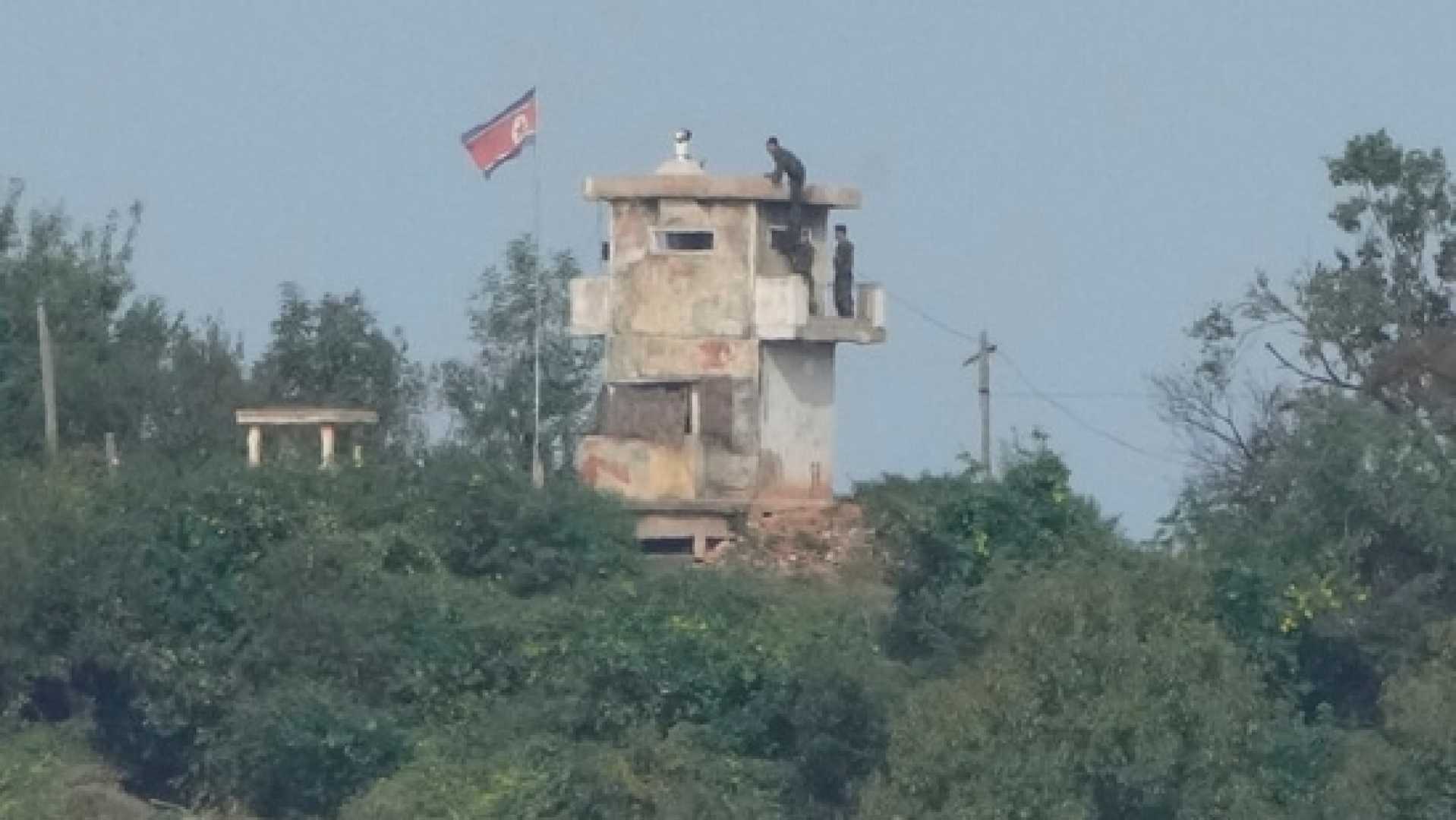News
North Korea and South Korea on High Alert Amid Drone Dispute and Border Tensions

Tensions between North Korea and South Korea have escalated significantly following accusations by Pyongyang that Seoul has sent drones over its capital, Pyongyang, to drop propaganda leaflets critical of leader Kim Jong-un. North Korea has claimed that these drone flights, which it says occurred three times in recent days, are a serious provocation and could be interpreted as a “declaration of war”.
In response, North Korea has ordered its troops on the border to prepare to fire, with eight artillery brigades put on high alert. The country has also reinforced air observation posts in Pyongyang and warned of a “horrible disaster” if another drone is detected. Kim Yo Jong, Kim Jong Un’s influential sister, has issued stern statements calling the drone flights an “unpardonable, malicious challenge” to the North Korean state.
South Korea’s military has denied any official involvement in the drone flights, suggesting instead that activist groups in the South might be responsible. These groups have a history of sending propaganda and US currency into North Korea via balloons. However, the South Korean Joint Chiefs of Staff (JCS) has stated that its military is “fully ready” to respond to any provocations from the North.
The situation has further deteriorated with reports that North Korea is preparing to blow up roads connected to the South, a move that aligns with Kim Jong Un’s recent push to cut off ties with South Korea and formally designate it as the North’s principal enemy. South Korean officials have observed North Korean troops working on these roads, preparing for potential demolitions as early as Monday.
Experts believe that while the North’s rhetoric is aggressive, it is unlikely to launch a full-scale attack given the military superiority of the combined US and South Korean forces. However, the ongoing tensions highlight a significant decline in inter-Korean relations, with both sides engaging in heightened military preparedness and rhetorical exchanges.












